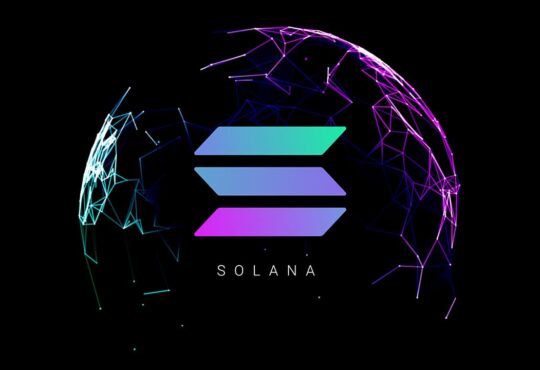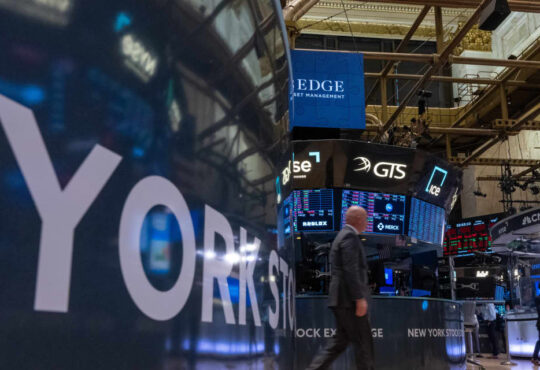
Tech Market Dominance Reached 25% of US Stock Market in 2024
Key Takeaways
- The top five Big Tech firms account for roughly 25% of all U.S. equity value.
- This figure has risen significantly amid surging revenues from AI.
- For Big Tech stocks to continue climbing, they must meet investors’ expectations for earnings growth.
In 2024, the combined market capitalization of the five largest companies in the world—Apple, Nvidia, Microsoft, Amazon, and Google— climbed to around $15 trillion.
And although some of their gains can be attributed to Wall Street’s strong overall performance, Big Tech firms have significantly outpaced the rest of the market.
The effect of this is that a handful of Silicon Valley giants now account for a greater share of the U.S. stock market than ever before.
Stock Market Concentration
According to Morgan Stanley , in the decade ending in 2023, the top ten American stocks nearly doubled their weighting in the S&P 500 from 14% to 27%, with the five largest technology firms helping drive market concentration to its highest level since 1963.
This trend has accelerated even further in 2024.
As of Dec. 6, the combined market capitalization of 3,989 publicly traded companies tracked by Dow Jones stood at $60.8 trillion.
In other words, the top five Big Tech firms account for roughly 25% of all U.S. equity value. This figure rises to nearly 30%, including Meta and Tesla.
AI Boom Pumps Big Tech Stock
Much of the driving force behind Big Tech’s soaring stock prices has been based on the belief that these firms will benefit from explosive growth in AI adoption.
In the case of Nvidia, the AI boom has contributed to annual revenue growth of 126% in 2024. With sales expected to increase further as the company scales production of its highly sought-after AI chips, Nvidia’s more than 200% share price increase in the same period seems justified.
Other Big Tech firms have also seen their market capitalization track rising sales. However, stock market gains have generally outpaced earnings growth.
In the year to June, Microsoft’s revenues increased 16%, while the firm’s market capitalization jumped around 30%.
Similarly, Amazon’s revenue for the 12 months ending Sept. 30 increased nearly 12% year-over-year. Meanwhile, its stock price climbed 48%.
The exception to the rule is Apple, whose revenues declined in 2023 and grew only modestly in 2024. Nevertheless, Apple’s share price has still climbed more than 30% since the beginning of the year.
Rising Big Tech dominance is a testament to Silicon Valley’s enduring appeal and suggests investors expect the world’s major software, hardware and digital infrastructure companies to be among the biggest beneficiaries of surging AI adoption.
Are We in a Big Tech Bubble?
The current high level of stock market concentration has sparked concerns that an AI bubble may be forming.
In its November Financial Stability Review, the European Central Bank (ECB) warned that Big Tech concentration “raises concerns about the possibility of an AI-related asset price bubble.”
Entering 2025, the question on many people’s minds is whether Big Tech earnings can keep pace with prices, which have been speculatively pushed up based on certain assumptions.
If any one of these assumptions about how the ongoing AI revolution will unfold turns out to be wrong, it could derail the Big Tech growth train.
Nvidia’s continued success, for instance, rests on it maintaining its near-monopoly on AI chips. But if one of its rivals makes an unexpected technological breakthrough, Nvidia’s sales growth could take a major hit.
Meanwhile, Microsoft and Amazon are banking on their control of distribution platforms, securing their role in the AI ecosystem.
However, if the sector rejects the current mode for private cloud-based AI in favor of edge or decentralized alternatives, it could unsettle the status quo.
Was this Article helpful?




